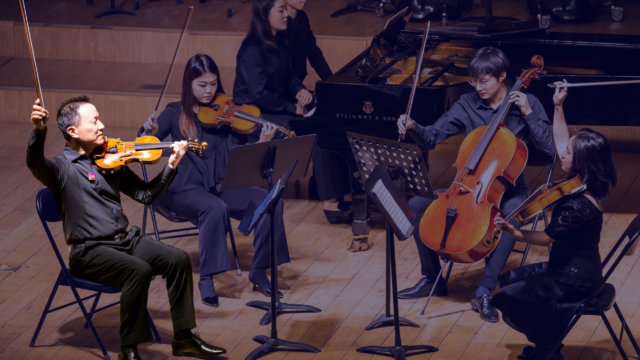What better way to cultivate a relationship with a policymaker than inviting him or her to see the orchestra in action? There are rules for gifts to federal policymakers and staff, including concert tickets. It is their responsibility and yours to ensure compliance.
Current rules allow members of the U.S. Senate, U.S. House of Representatives, and their staffs to accept gifts of no more than $99.99 from a single source in a calendar year, with each gift limited to $49.99. Individual gifts valued at less than $10 dollars do not count toward the limit. These gifts must be reported by the member or a staffer, but need not be reported in any special way by the donating organization, other than as a lobbying expense on the Form 990 if the activity fits the definition of lobbying by nonprofits described earlier. If you provided tickets to a concert or gala to a member of Congress and his/her guests, but in the course of that event, no lobbying on legislation was conducted, it need not be reported by you as a lobbying expense. There are a list of exceptions to the House gift rules, including exceptions for widely attended events, charity events, and educational events. Senate rules also include exceptions for widely attended events, charity events, receptions, and constituent events.
Senate and House ethics staff say that if you waive the admission fee for a member of Congress to your fundraising gala (effectively letting him/her in for free), you need not count the full face value of the ticket as a gift, if part of that price is designed to be a donation. For example, if a $500 ticket is given to a member of Congress, but $451 of that face value is for fundraising and only $49 represents the value of what he/she received in return (food, concert, etc.), the legislator has effectively received a gift of only $49.
A Guide to Gift Rules (PDF) is available on the League of American Orchestras’ site, created in partnership with the Performing Arts Alliance. For your state legislators and other officials, check with your state arts advocacy organization.
Also, if the event is in close proximity to a time when a member of Congress is running for re-election, remember that your orchestra can in no way explicitly or implicitly endorse that candidate for office. It must be clear that the member of Congress is being invited because of the elected office he/she holds, not because he/she is seeking election or re-election to office. The Alliance for Justice has a helpful overview, Inviting a Candidate to Speak in Official Capacity (PDF).
Here’s how to host your members of Congress at a concert, regardless of whether they bought their tickets or are coming as your guests:
- Make an event out of it. Host a reception beforehand, acknowledge the legislator’s presence in the audience, or take him/her backstage to meet the artists after the concert.
- Feature the legislator as a special guest, publishing his/her picture in the program book, with a brief bio.
- Send a photo or short news item to your local newspaper after the concert, in addition to sharing the photo on social media and linking to the legislator’s social media accounts.
- Seat the legislator with a key representative from your orchestra.
- Find a way for the legislator to meet with the people in your orchestra who are engaged in public policy advocacy.
- Make sure the legislator is aware of any public funding used by the orchestra, especially in connection with that specific concert or event.
- Don’t be reluctant to discuss issues with the legislator. If orchestra employees do lobby the legislator in the course of the event, their time doing so should be considered a lobbying expense.

